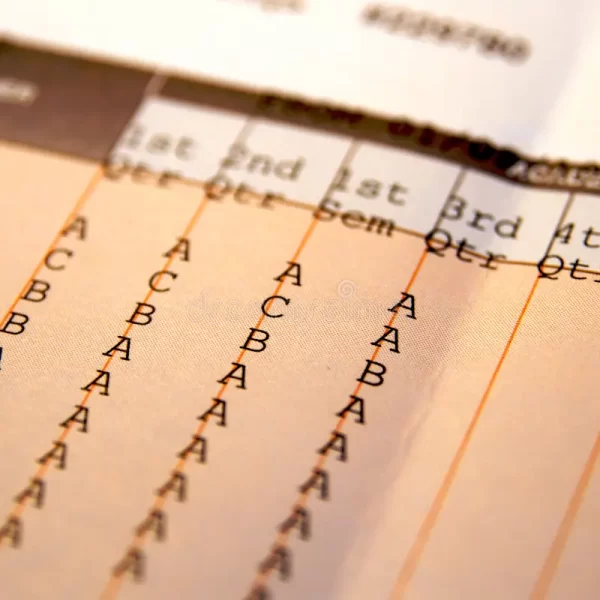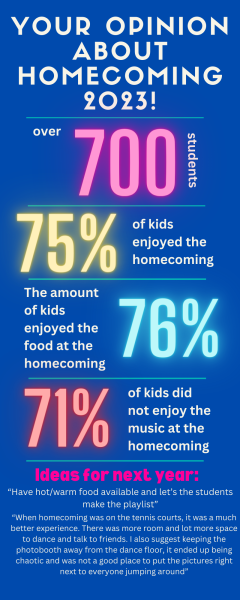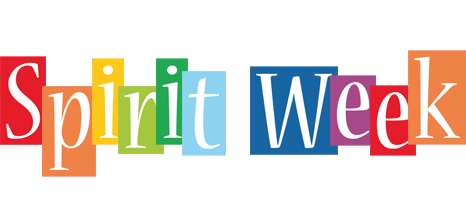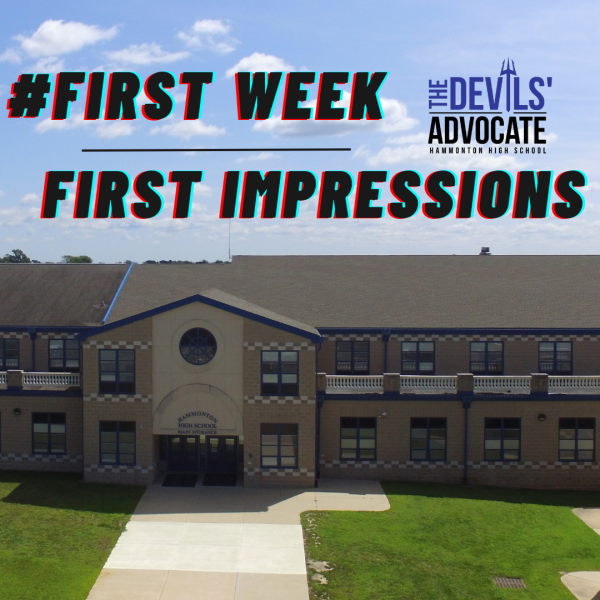First Amendment Right: How Important is Our Freedom of Speech?

Imagin being silenced by someone, who you thought, was supposed to support you as creative and open minded learner.
That is how high school student Kylie Sposato felt when her article on smoking in the girls’ bathroom was censored by her principal at Pemberton Township High School in Pemberton, NJ, about 30 miles north from Hammonton.
While attending the Garden State Scholastic Press Association’s Fall Press Day, held at Rutgers University on October 27, Sposato spoke about her experience.
“I was angry,” she said. “I worked so hard on that, and she said it was ‘inappropriate.’ I think they just don’t want any negative feedback.”
Sposato took the district to court over the censorship issue and ultimately won the case, although now she has graduated and since moved on.
When it comes to media written or published about the school, most students believe it should be a positive reflection on the school. Articles, as always, should adhere to the highest standards and ethics, providing factual, unbiased information from all sources involved.
But does that mean negative articles should be censored?
“News shouldn’t be censored; students need to speak their mind,” said junior Casey Rowand.
This is how most students were raised, to believe in their First Amendment Rights. Freedom of speech is the First Amendment for a reason; America was founded on the belief that everyone’s voice was important. America needed the voice of the people to become the country it is today.
Is the fight worth it, when its a student against an administrator? Not all students think so.
“If my topic was censored or unaccepted then I would change it,” said senior Caitlin Cassidy. “It isn’t worth the fight.”
Cassidy is not alone in her desire to “please the public” and write positive articles. This is called self-censoring, which is programmed into certain people’s brains and it keeps them from writing controversial pieces. They fear the reprimand of authority figures, but, what they don’t realize is that they are robbing themselves and others of the powerful impact their words can have.
In an ideal world students would be able to more freely embrace their Constitutional rights to a free press. .
But for now, they have to push through the barrier that holds back those hard-breaking stories that may not always gain approval. Stories like Sposato’s inspire writers like me to dig deeper and push farther.










